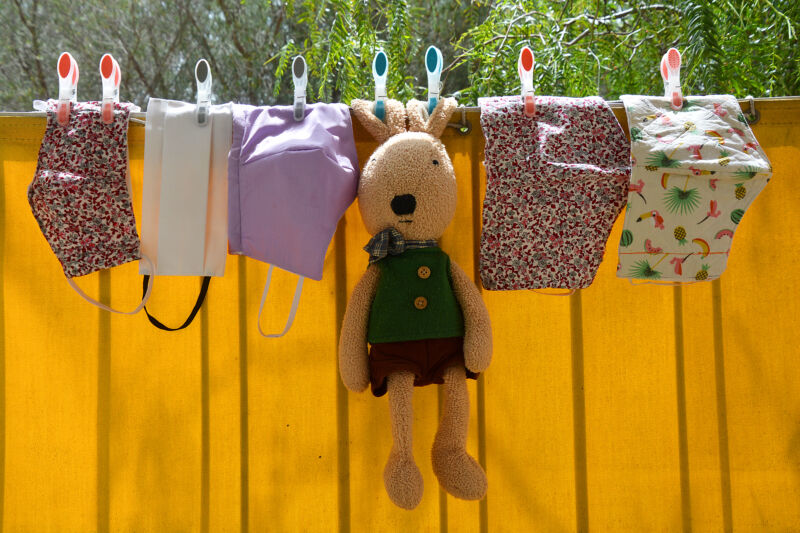The race to collect the pandemic’s history—as it unfolds

Enlarge / Hand made face masks drying in Southeast France. (credit: ICHAUVEL / Getty Images)
On March 13, the day the New-York Historical Society closed its doors to the public, Rebecca Klassen, an associate curator for material culture, was scrolling through Instagram when something caught her eye. A friend from the gym had posted an image to her story of a massive bottle of Purell. At the time, store shelves across the five boroughs were already bereft of disinfectants. The picture, Klassen says, was reminiscent of some kind of night run in the frantic search for sanitizer." It was captioned liquid gold."
The post prompted Klassen to send two messages. The first was an email to Margaret K. Hofer, the Historical Society's museum director and vice president, asking whether they ought to start collecting items from New Yorkers related to the coronavirus pandemic. The second was a DM in response to her friend's story. Hey, can I have that when you're done?" she asked. I want to add it to our museum collection."

People tend to think of archives as massive troves that are compiled long after an era has ended or someone has died. But when it comes to COVID-19, archivists, curators, and librarians nationwide are assembling the record of how the pandemic is impacting their communities in real time, collecting everything from makeshift masks to journal entries to protest signs. Their mandate is both urgent and sweeping: Gather items from a broad swath of residents that, viewed together, tell the story of a particular region's collective experience of coronavirus. A lot can be lost over time," says Ayshea Khan, the Asian American community archivist at the Austin History Center. Memories can shift, things can be thrown away. It's important to archive present moments when they happen, as much as we can, to ensure an accurate representation of our city's history."
Read 9 remaining paragraphs | Comments